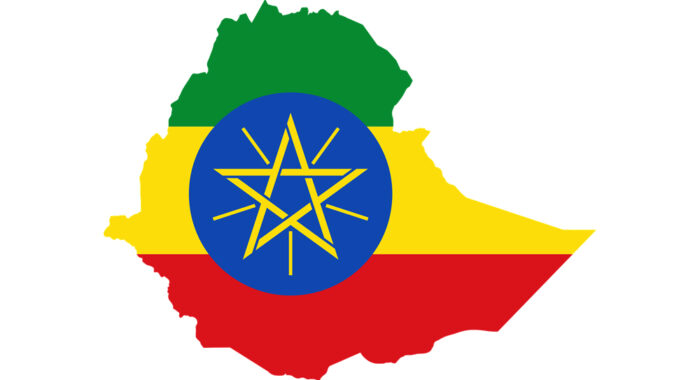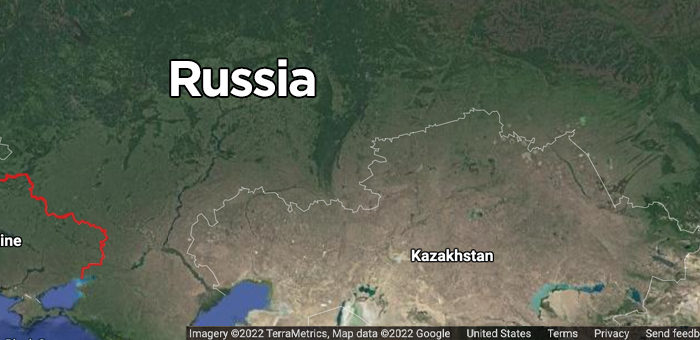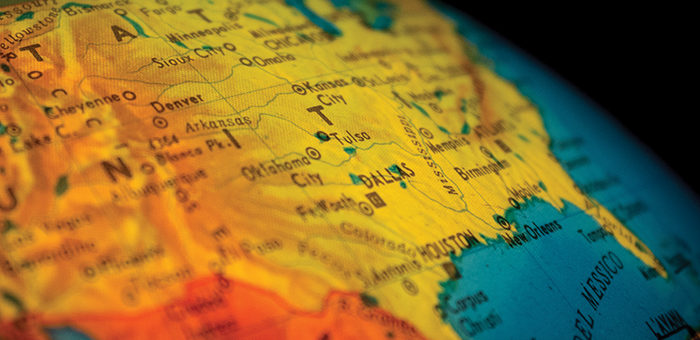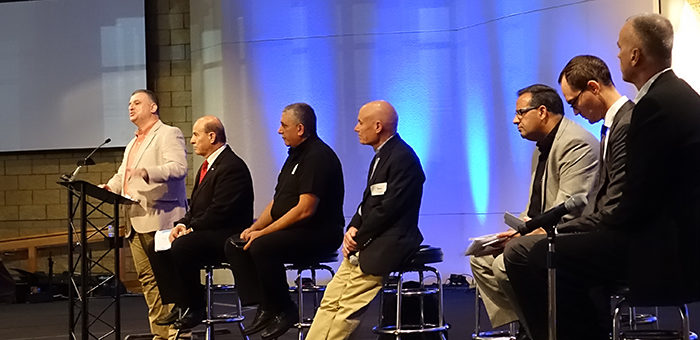Six hundred million Christians across the world belong to churches that network through national evangelical alliances (like the National Association of Evangelicals in the United States) in 143 countries on all continents and growing. The World Evangelical Alliance (WEA) brings together these groups and its work is rooted in local churches.
The churches come from the whole spectrum of the Protestant faith from Reformation times (e.g., Anglicans, Lutherans, Reformed and Anabaptists), later centuries (e.g., Baptists, Methodists and The Salvation Army) and newer churches after 1900 (e.g., Pentecostals, Charismatics and Independents). Considering the fact that each national alliance has its own diverse history, while all have an equal vote in the WEA General Assembly, and considering the fact that evangelicals come from hundreds of ethnic groups and speak around 1,000 languages, the WEA is as colorful as ever before.
The World Evangelical Alliance unites evangelicals around the world for prayer, evangelism, mission, religious freedom, human rights advocacy and all areas of social justice and transformation, such as helping refugees, fight human trafficking or child labor, and grassroot engagement for peace and reconciliation. The WEA has always bridged the whole range from prayer and evangelism to all elements of fighting structural evil and cooperation with many for a just and peaceful society and world.
One hundred and seventy-five years ago, some 800 evangelical leaders from 11 countries representing 52 Christian denominations resolved to establish the WEA. They described it as “a new thing in Church history — a definite organization for the expression of unity amongst Christian individuals belonging to different churches.” Building on the momentum of the Great Awakenings and with a desire to respond to some of the grave social issues in society, they came together from all backgrounds of evangelicalism at that time.
Since then, the WEA has grown to a truly global organization with national evangelical alliances established in 143 countries on all continents. The WEA speaks as a representative voice on behalf of evangelicals at the United Nations and to governments and media, contributing an evangelical perspective on issues that are relevant to the Church globally. In our work, we are privileged to see the global body of believers partnering together in diversity for the kingdom of God.
The central role of Jesus Christ as our personal Savior, the Bible as our supreme constitution and the goal to transform the world by preaching and practicing the “evangel,” the gospel, has always stayed in the center of the global network. We continue to put every effort into fulfilling Jesus’ prayer “that all of them may be one, so that the world may believe” (John 17:21–23).
Archbishop Thomas Schirrmacher serves as secretary general of the World Evangelical Alliance. Schirrmacher is a professor of the sociology of religion at the state University of the West and teaches human rights and religious freedom at Oxford University. He regularly testifies in Parliament, in High Courts and at the United Nations. Schirrmacher has authored and edited 102 books. He earned his doctorate in theology in missiology and ecumenics at Theological University and Johannes Calvin Foundation. Schirrmacher also earned his Ph.D. from Pacific Western University, a Th.D. from Whitefield Theological Seminary in Lakeland and a doctorate in comparative religions and sociology of religion from State University of Bonn.




 View All Articles
View All Articles 



























